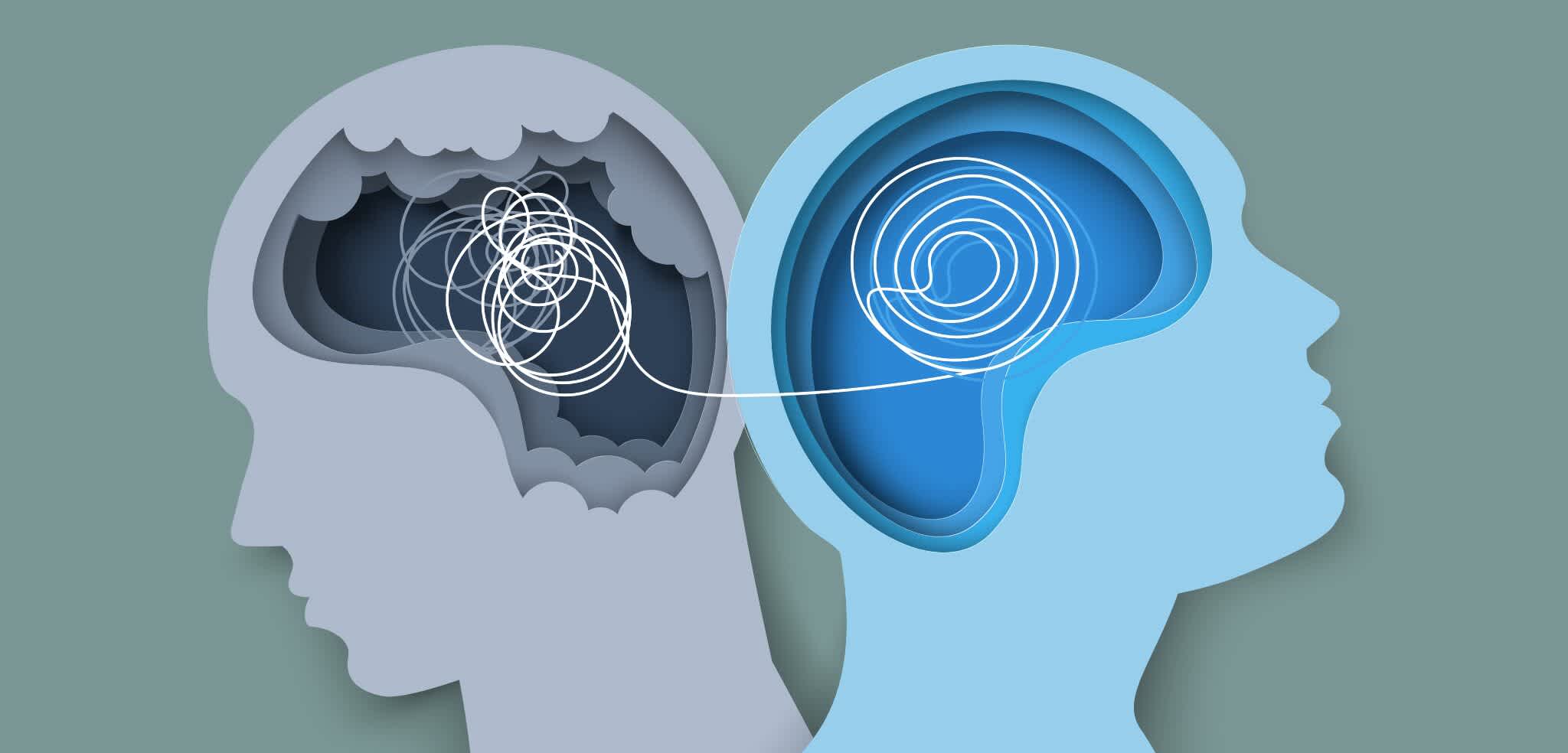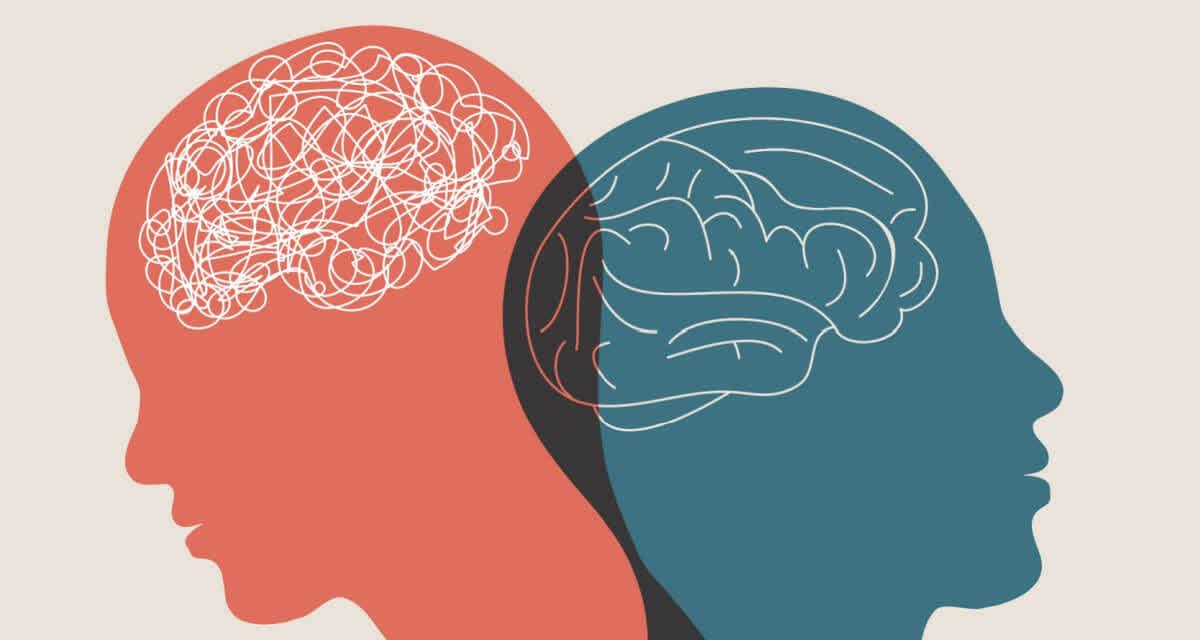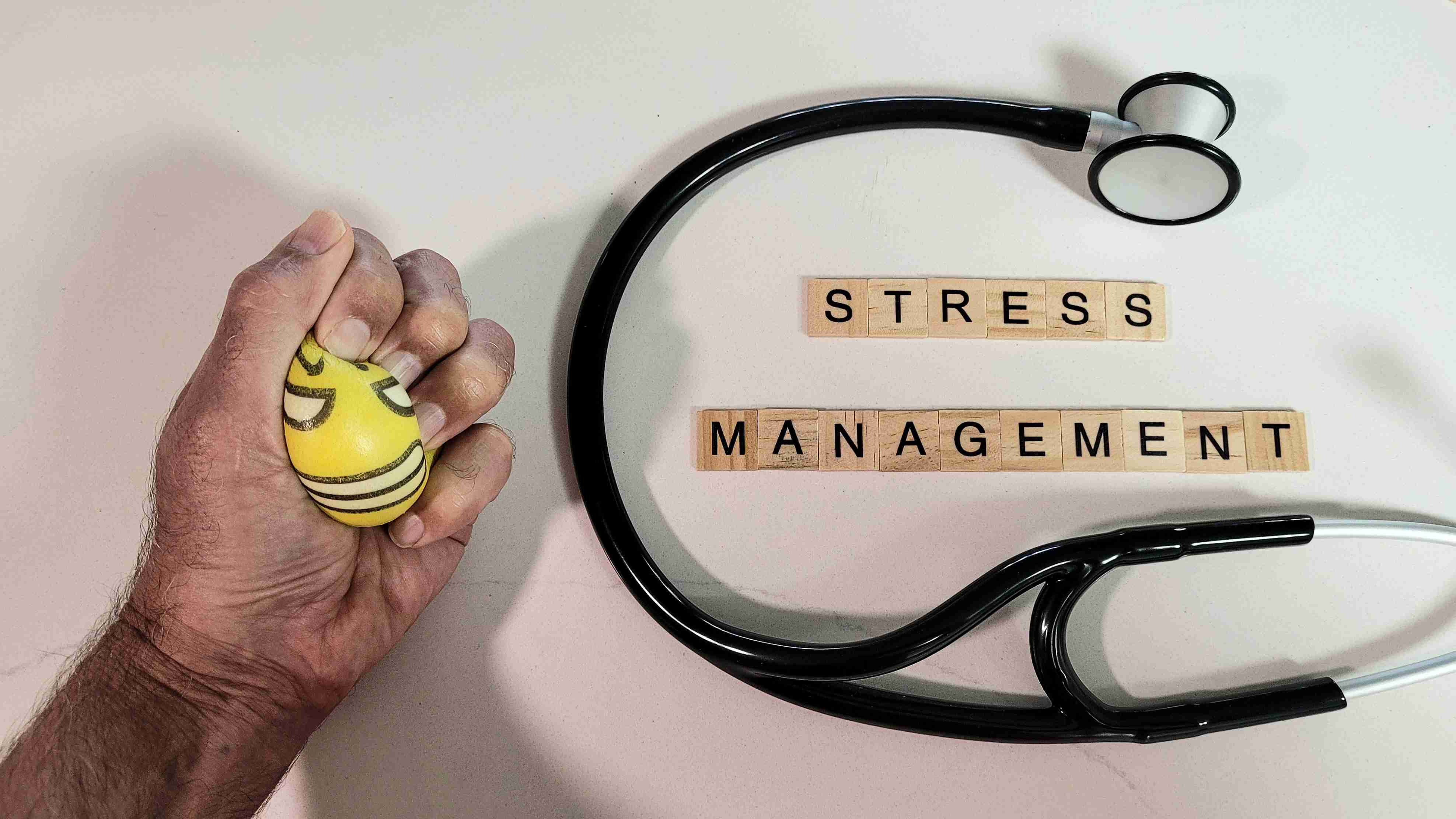
Hormonal Health in Girls: Understanding the Role of the Thyroid

An essential component of general well-being is hormonal health, especially for young girls and adolescents undergoing rapid physical and emotional changes. Among the many hormones that regulate bodily functions, the thyroid gland is essential for growth, metabolism, brain development, and mood regulation. Yet, thyroid disorders are often overlooked or misdiagnosed in girls, leading to long-term health consequences.
This article explores the significance of thyroid health in girls in great detail. Common thyroid disorders, symptoms, causes, diagnosis, and effective treatment strategies to ensure optimal hormonal balance.
What is the Thyroid Gland?
At the base of the neck is a butterfly-shaped gland called the thyroid, just below the Adam's apple. It produces two key hormones—thyroxine (T4) and triiodothyronine (T3)—which regulate metabolism, heart rate, body temperature, and energy levels. Every cell and organ in the body is impacted by these hormones, making the thyroid essential for normal physical and cognitive development.
Why Thyroid Health is Important in Girls
During menstruation, puberty, and other life phases, hormonal changes are typical. These alterations, however, can result in serious health issues if they are caused by an unbalanced thyroid. Thyroid issues in girls can impact:
Growth and development
Menstrual cycles
Cognitive functions
Mood and mental health
Fertility in the long term
Undiagnosed or untreated thyroid problems can lead to complications such as delayed puberty, irregular periods, anxiety, depression, and even infertility later in life.
Common Thyroid Disorders in Girls
1. Hypothyroidism (Underactive Thyroid)
Insufficient hormone production by the thyroid gland results in hypothyroidism. This is the most common thyroid disorder in girls.
Symptoms:
Fatigue and low energy
Weight gain despite normal eating
Dry skin and hair
Constipation
Depression or mood swings
Slow growth or delayed puberty
Irregular or heavy menstrual cycles
Cold intolerance
Causes:
Autoimmune diseases (e.g., Hashimoto's thyroiditis)
Iodine deficiency
Congenital hypothyroidism (present from birth)
Post-treatment for hyperthyroidism
2. Hyperthyroidism (Overactive Thyroid)
Less common than hypothyroidism, hyperthyroidism happens when the thyroid produces too much hormone.
Symptoms:
Weight loss despite increased appetite
Nervousness, anxiety, or irritability
Rapid or irregular heartbeat
Tremors in hands or fingers
Increased sweating
Heat intolerance
Sleep disturbances
Light or absent menstrual periods
Causes:
Graves' disease (autoimmune)
Thyroid nodules
Thyroiditis (inflammation of the thyroid)
3. Hashimoto's Thyroiditis
An autoimmune disease that affects the thyroid gland is attacked by the immune system, leading to persistent inflammation and ultimately hypothyroidism. It is one of the most common causes of thyroid problems in teenage girls.
4. Goitre
An enlargement of the thyroid gland, which may or may not affect hormone production. It's often visible as swelling at the base of the neck and may be caused by iodine deficiency or autoimmune conditions.
Signs Parents and Guardians Should Watch For
Many thyroid symptoms in children and teens are subtle and often confused with regular growth changes or behavioural issues. Some warning signs include:
Unexplained fatigue or sleepiness
Difficulty concentrating or poor academic performance
Mood swings or signs of depression
Slowed growth or height gain
Early or delayed onset of menstruation
Drastic weight changes
Dry, coarse skin and hair thinning
It's critical to see a pediatrician or endocrinologist for assessment if any of these symptoms continue.
How Thyroid Disorders are Diagnosed
1. Blood Tests
Blood tests are the most accurate way to diagnose thyroid conditions. These may include:
TSH (Thyroid Stimulating Hormone) – High TSH indicates hypothyroidism, while low TSH suggests hyperthyroidism.
Free T4 and T3 – Measure the actual thyroid hormones in the blood.
Anti-TPO Antibodies – Help diagnose autoimmune thyroid diseases like Hashimoto's or Graves's.
2. Ultrasound Imaging
An ultrasound can visualise the thyroid's size and structure if a goitre or nodule is suspected.
3. Thyroid Scan
A radioactive iodine uptake scan can evaluate thyroid function, particularly in hyperthyroidism cases.
Treatment Options for Thyroid Disorders in Girls
1. Hypothyroidism Treatment
The most common treatment is levothyroxine, a synthetic form of the T4 hormone taken daily. Hormonal balance and dose precision are guaranteed by routine blood monitoring.
2. Hyperthyroidism Treatment
Options include:
Antithyroid medications (e.g., methimazole)
Radioactive iodine therapy
Surgery in severe or recurrent cases
Each treatment plan is personalised based on age, symptoms, and severity.
3. Lifestyle and Nutritional Support
In addition to medication, supporting thyroid health through diet and lifestyle changes can be beneficial:
Adequate iodine intake through iodised salt, dairy, and seafood
Selenium and zinc-rich foods for immune support
Regular physical activity
Stress management techniques like yoga or meditation
The Connection Between Thyroid and Menstrual Health
Thyroid dysfunction-related hormonal abnormalities can have an impact on the hypothalamic-pituitary-ovarian axis, leading to menstrual irregularities. Girls with untreated hypothyroidism may experience:
Delayed onset of periods (primary amenorrhea)
Heavy or prolonged periods
Short or missed cycles
Hyperthyroidism can cause light periods or a complete absence (secondary amenorrhea). Menstrual issues are frequently resolved by restoring thyroid balance.
Supporting Emotional and Mental Health
Thyroid hormones also affect mental clarity, mood stability, and emotional regulation. Anxiety, depression, irritability, or learning difficulties can sometimes be rooted in hormonal dysfunction rather than behavioural issues. Prompt diagnosis and treatment can significantly improve emotional health and self-esteem in young girls.
Prevention and Regular Monitoring
While not all thyroid disorders can be prevented, specific steps can minimise risks:
Regular health check-ups, especially during puberty
Awareness of family history—thyroid diseases often run in families
Early intervention when you see symptoms
A customised diet that includes vital nutrients
Girls/women with thyroid problems need to be closely watched throughout their lives and have their treatment adjusted frequently to maintain normal growth and hormonal health.
Conclusion
For females' general hormonal health, especially throughout their formative years, thyroid function is essential. In addition to making sure girls have access to appropriate medical care and emotional support, parents, guardians, and educators should remain vigilant about early warning indicators. Girls with thyroid issues can live full, healthy, and active lives if they receive prompt diagnosis, the right care, and a supportive lifestyle.






